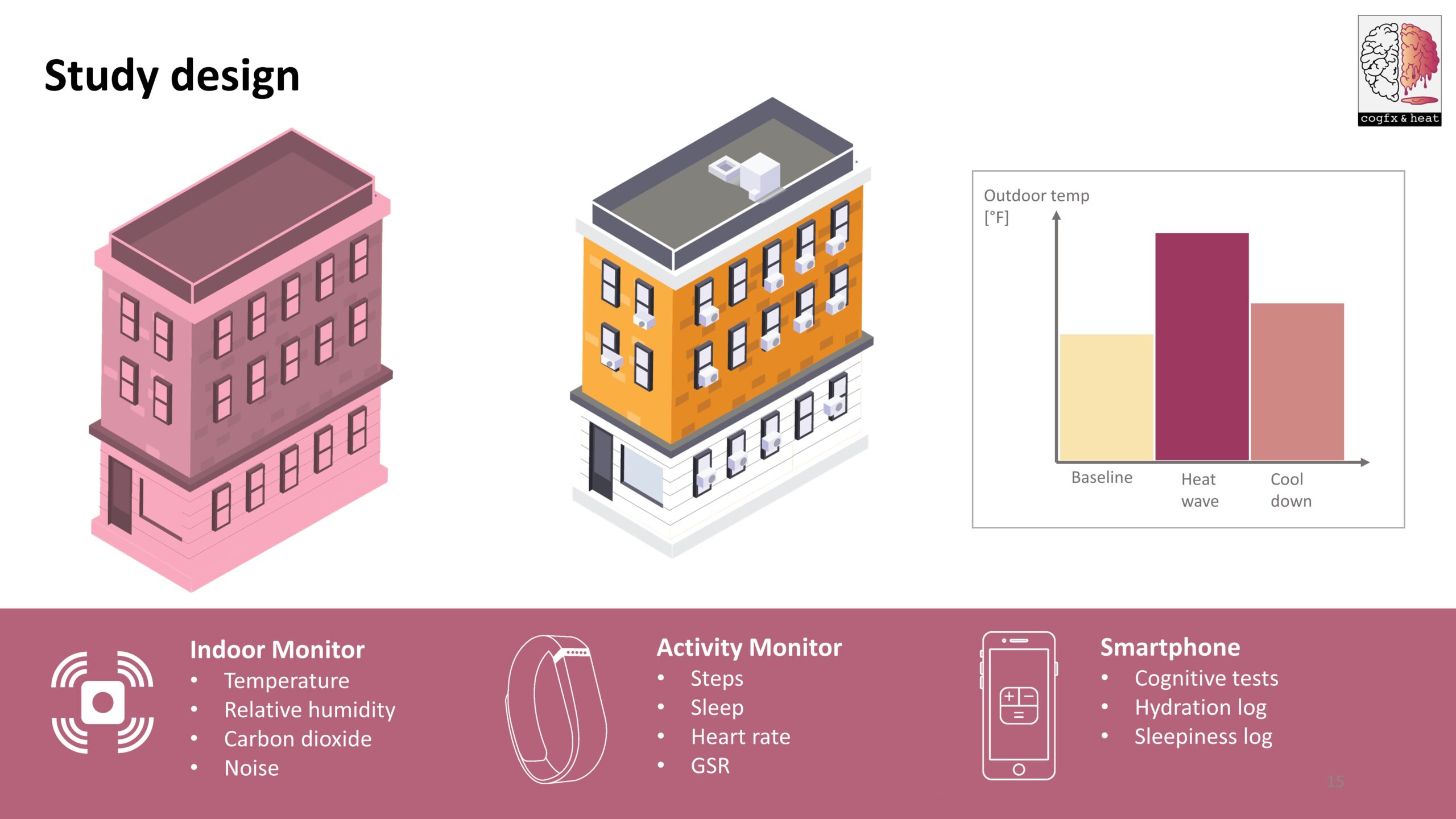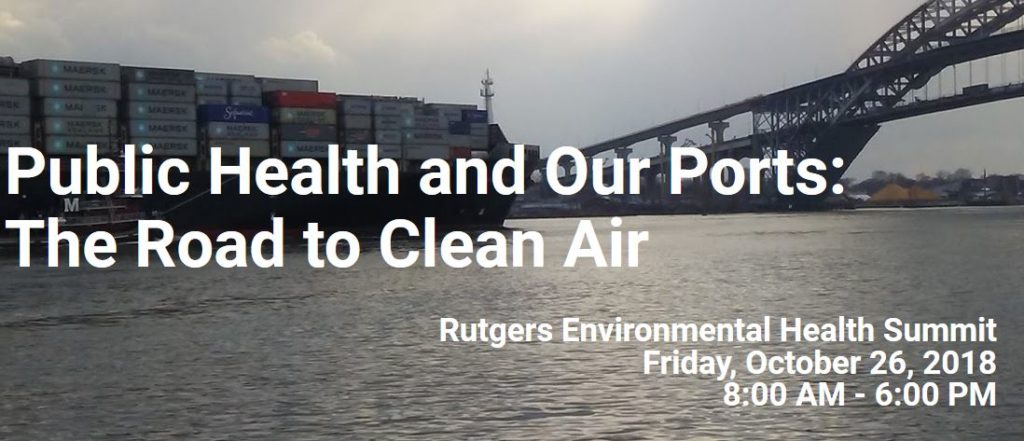
Community Engagement Core
CEED Research on Air Pollution
CEED’s research on air pollution provides a prime example of how the CEC has disseminated scientific findings to stimulate community action. Center researchers have long investigated ozone and particulate matter air pollution beginning with fundamental questions about biological mechanisms of injury and biomarkers of local and systemic inflammatory responses following exposure to these agents. Other work has focused on the science of exposure to these air pollutants, including understanding of the complex, real-world mixtures and reaction products of multiple air pollutants in naturalistic settings indoors, on roadways, and in communities with multiple sources. In parallel with CEED scientists’ decade-long translation of this theme from laboratory to controlled exposures to quasi-controlled studies and finally to communities, the CEC and CEED scientists have used this research to inform public health practice, co-authoring public health guidance on reducing exposure and risk from air pollution in affected communities through use of personal level interventions (e.g., air using air filters and respirators, staying indoors, and reducing physical activity on certain days).



CEED’s research on air pollution provides a prime example of how the CEC has disseminated scientific findings to stimulate community action. Center researchers have long investigated ozone and particulate matter air pollution beginning with fundamental questions about biological mechanisms of injury and biomarkers of local and systemic inflammatory responses following exposure to these agents.
Other work has focused on the science of exposure to these air pollutants, including understanding of the complex, real-world mixtures and reaction products of multiple air pollutants in naturalistic settings indoors, on roadways, and in communities with multiple sources.
Through a community-initiated pilot grant funded by CEED, CEC collaborated with community partners (Sustainable Contact PD/PI: Zarbl, Helmut CEC-001 (269) Research Strategy Page 345 Jersey City, Groundwork Elizabeth, South Ward Environmental Alliance) to address shared air quality concerns related to port and transportation sources in Newark, Elizabeth, and Jersey City. CEC worked with Sustainable Jersey City to analyze black carbon, particulate matter (PM)2.5, and ozone data from ~30 volunteer car rides in conjunction with temperature/humidity data and heat island mapping during the 2021 Heat Watch campaign.
The Heat Watch/CEED pilot project led to a successful proposal for a network of community air monitors in Jersey City to better assess neighborhood air quality.
Contact
Contact Us
- 170 Frelinghuysen Road, Piscataway, NJ 08854
- 848-445-0170
- Contact us by e-mail
